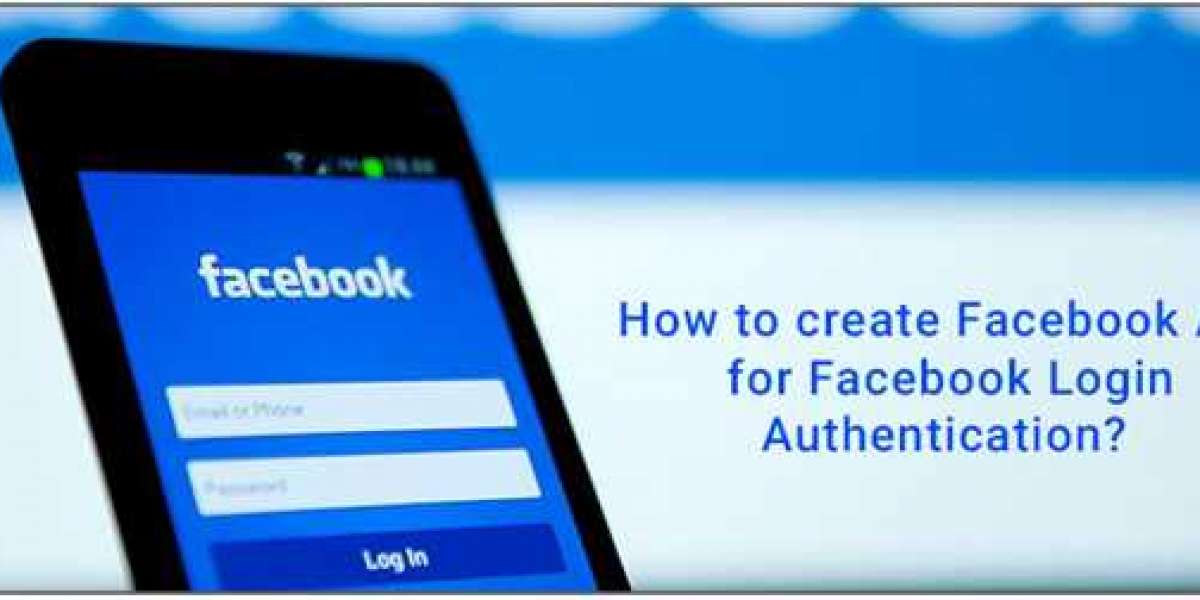Social media web sites are an increasing number of the center of attention of our digital lives. Not solely do we share, engage and submit on systems like Facebook —we additionally use these web sites to rapidly log into our preferred apps and websites. But what takes place when these social media gatekeepers are hacked? Awhile back, Facebook suffered a predominant assault when hackers bought the digital keys to get entry to at least 30 million money owed (originally concept to be 50 million), exposing quite touchy non-public details.
The assault now not solely gave the horrific guys get admission to to the Facebook money owed however raised the prospect of them additionally being in a position to get right of entry to any linked apps or websites. The message is clear: it can also be time to shop log-ins for these third-party bills in a password manager, instead than a regularly focused social media company.
As a Facebook user, you’re probable well-aware of the ease-of-use advantage of logging-in to your third-party internet site and software bills the use of your Facebook credentials. Known as Facebook Connect, this is what’s referred to as a “Single Sign-On” feature: a fast, simple, and easy way to log in to your more than a few accounts, so you don’t have to be mindful more than one one-of-a-kind passwords for distinct web sites and apps.
Convenient, eh? But here’s the problem. At the quit of September (in 2018), Facebook observed a important protection issue: attackers managed to steal the fundamental get right of entry to tokens which act as “digital keys” to preserve you logged into the web page except having to re-enter your password every time you use Facebook. These keys additionally grant get right of entry to to all these third-party purposes and web sites you log-in to through Facebook: the entirety from Airbnb and Amazon to Tinder and your preferred information apps. Since there’s a hazard that the awful guys have been additionally in a position to illegally get right of entry to these, they might also have been in a position to acquire greater of your touchy data throughout these debts to commit identification theft—and thereby attain get entry to to your credit score playing cards as well.
How did the hackers snatch these all-important get admission to tokens? By exploiting numerous bugs in Facebook’s “View As” and video posting features. (View As is a characteristic that permits customers to see what their very own profile appears like to any individual else). They eventually stole get admission to tokens for 30 million users; accessed simply title and contact important points for 15 million; in reality all profile data such as name, contact details, username, gender, language, relationship status, religion, etc. for 14 million; and no information at all for 1 million.
Facebook login has been speedy to factor out that there are presently no symptoms the attackers did get right of entry to any of third-party apps the use of Facebook SSO. However, that might also change. It additionally doesn’t alter the reality that a comparable incident like this, or worse, ought to show up in the future. Social media and internet vendors like Facebook are a important goal for attackers, whilst human error will inevitably lead to some protection errors in the future. A worm in Google’s code currently uncovered the facts of 500,000 customers of its Google+ social platform, which has caused their choice to shut down the patron aspect of the website inside the subsequent 10 months (as of October 2018).
Post-hack
Facebook has constant the bugs in query and reset the get admission to tokens of these affected by means of this breach, which have to assist to quit future attacks. However, if your account used to be illegally accessed in the attack, there are a few steps you have to take:
Visit this hyperlink to get a sure or no reply on whether or not you had been affected.
Be on the lookout for scams: Fraudsters can also call, e mail or ship you messages the use of the data they’ve bought from the breach.
Beware of phishing emails: scammers would possibly strive to capitalize on the notoriety of the incident to get you to section with touchy info, via sending emails pretending to come from Facebook. Here’s how to affirm if they’re actual or not.
You might also want to name your bank: if you had been in the 2d team of 14m users, the hackers might also have sufficient non-public data on you to reply safety questions to get right of entry to your accounts. Consider including in addition layers of security.
Take preventative steps
After the above, think about the following alternatives to hold all your bills invulnerable going forward:
Disable Facebook SSO. Go toyour Facebook settings and cast off all apps beneath Active Apps and Websites. Then below Apps, Websites and Games go to Preferences and click on on Edit then Turn Off.
Switch on two-factor authentication: this will add an more layer of security to your Facebook log-in. Visit Facebook’s Settingsgt; Security and logingt; Setting up more securitygt; Use two-factor authentication.
Consider Facebook’s app password generator: If you want to keep app and internet site connections, this characteristic lets you generate special passwords for your linked apps and websites, rather of the usage of the Facebook SSO password. However, these passwords can’t be saved in a password manager, and if you log out of the app, you’ll have to generate a clean password.
Better yet, make investments in a password supervisor to securely generate and save robust and special passwords for every of your Facebook linked apps and websites.
Will it have an effect on my use of Facebook?
If you disable Facebook SSO there can also be some loss of sharing functionality. For example, you would possibly discover that you can’t post/share articles from inside information apps direct to Facebook, and as an alternative have to reduce and paste the hyperlink manually. It will depend, however, on the apps you’re using. At the stop of the day, you want to figure out what’s greater essential to you: tighter integration between apps/websites and Facebook, or preserving your passwords in a separate, impervious area away from the social media company.
How can Trend Micro help?
Trend Micro Password Manager can assist you to defend the privateness and protection of your app and internet site account passwords throughout PCs and Macs, and Android and iOS cell devices. Use it as a surprisingly basic however more-secure choice to Facebook SSO. Trend Micro Password Manager
Generates exceedingly secure, unique, and tough-to-hack passwords for every of your on line accounts.
Securely shops and replays these credentials for log-ins, so you don’t have to bear in mind them.
Offers an handy way to exchange passwords, if any do give up up being leaked or stolen.
Makes it speedy and convenient to manipulate your passwords from any location, on any gadget and browser.
Works throughout each apps and websites, with specific gain for apps you use in conjunction with Facebook on your cellular devices. facebook login
For greater information, or to buy the product, go to our Trend Micro Password Manager website. Note that Trend Micro Password Manager is routinely mounted with Trend Micro Maximum Security.
Related Posts:
How Secure Is Your Password?
Information on Reported Vulnerabilities in Trend Micro Password Manager
Better Change Your Facebook Password Now, and Make Sure It’s a Good One
Facebook Users are Protected by using Trend Micro Through HouseCall for Facebook













